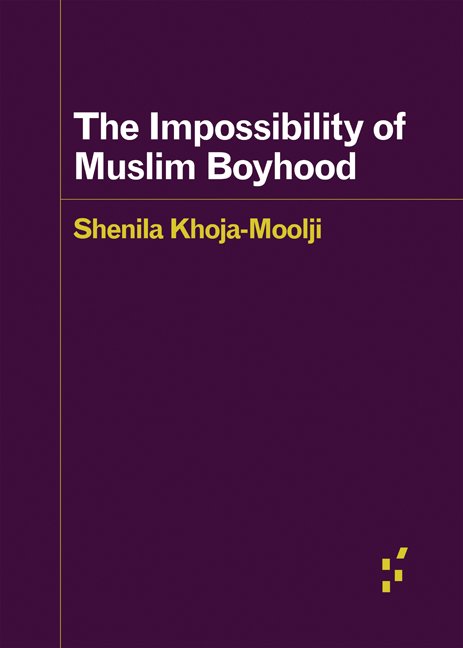The Impossibility of Muslim Boyhood

How the construction of Muslim boys as proto-terrorists is integral to the story of American racial capitalism
How do we understand an incident where a five-year-old Muslim boy arrives at Dulles airport and is preemptively detained as a “threat”? To answer that question, Shenila Khoja-Moolji examines American public culture, arguing that Muslim boyhood has been invented as a threat within an ideology that seeks to predict future terrorism. Muslim boyhood bridges actual past terrorism and possible future events, justifying preemptive enclosure, surveillance, and punishment. Even in the occasional reframing of individual Muslim boys as innocent, Khoja-Moolji identifies a pattern of commodity antiracism, through which elites buy public goodwill but leave intact the collective anti-Muslim notion that fuels an expanding carceral and security state. Framing Muslim boyhood as a heuristic device, she turns to a discussion of Hindutva ideology in India to show how Muslim boyhood may be resituated in global contexts.

Shenila Khoja-Moolji is the Hamad bin Khalifa al-Thani Associate Professor of Muslim Societies at Georgetown University. She is author of Forging the Ideal Educated Girl: The Production of Desirable Subjects in Muslim South Asia; Sovereign Attachments: Masculinity, Muslimness, and Affective Politics in Pakistan; and Rebuilding Community: Displaced Women and the Making of a Shia Ismaili Muslim Sociality.
